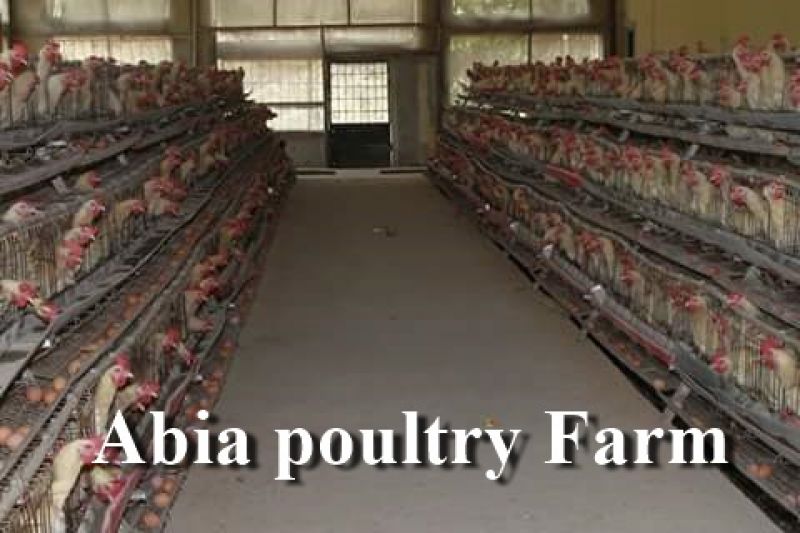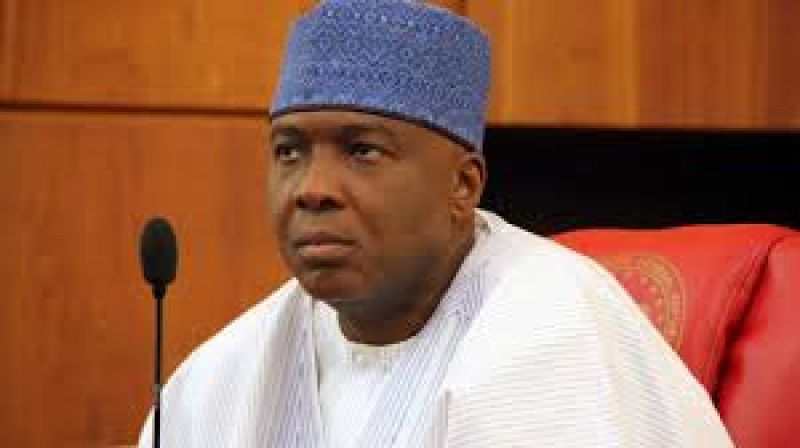X-raying the Performance of Gov. Ikpeazu in Agriculture
Posted by Kingsley Maduforo | 6 years ago | 2,597 times

Changing the present economic landscape in the country requires a leadership that is proactive; a leadership that understands the dynamics of change and can formulate responsive actions to deliver a sustainable development. To this end, the governor of Abia State, Dr Okezie Ikpeazu has taken the bull by the horn by taking drastic steps to tackle the deteriorating economy of the state, first by creating an enabling environment and favourable economic policies that are flexible to the business community. This has led to the massive growth of Abia economy.
The continued decline of revenue from the federation account has led Gov. Okezie Ikpeazu to think outside the box so as to adopt several measures that will boost the state's revenue generation from internal sources like Lagos, Rivers and Kano states. More so, the recent fall in the price of crude oil globally has triggered conversations around the role of agriculture in economic diversification. The agricultural sector requires massive investments in order to increase production and create value addition across the most profitable segment of the value chain.
Abia state which has a land size of 5.835sqkm and a population of 2.8 million is richly blessed with natural resources, a fertile land, and can sustain itself without fully depending on oil or federal allocation. But the discovery and exploration of crude oil in commercial quantity, and above all, our total reliance on 'oil money' thwarted our blessings from agriculture. But the continuous decline in the price of crude oil means we must find our square root, it means we must go back to our root, which is agriculture. Gov. Ikpeazu has actively engaged in and supported agricultural activities across the state, especially in mechanized farming of cassava, rice, palm oil in line with Federal Government Programmes and our state's areas of natural advantage.
Abia's great march to become an agricultural hub has received a great push from the state government. The state targets to develop 7.5 million palm seedlings occupying 10,000 acres of oil palm plantation in the state. This is now a testimony. The project which will come in phases will see the first and second phases produce and record 2 and 3 million seedlings respectively while the last phase will produce the remaining 2.5 million seedlings. The state also embarked on massive plantation of other economic crops such ginger, pineapple and cassava. Ohambele community in Ukwa East LGA was mapped out for this exercise.
Gov. Ikpeazu has shown that great opportunities are embedded in Agriculture. The rapid growth in agro-business in the state has increased the demand for agricultural products by domestic consumers and has also offered market opportunities for developing various high value crops that will support diversification in agriculture and generate more income to farmers in the state. Recently, Gov. Ikpeazu was at Ahiaba Umueze in Osisioma Ngwa LGA where the first phase of the planting of 2 million seedlings to flag off the planting and distribution of 2 million nursed Genera palm seedlings to Abians. In Abia state, palm oil is already taking over from crude oil and this has created job opportunities for Abia youths and women in the area of palm oil production.
Agriculture indeed remains a critical factor to the Economic Recovery Plan (ERP) and the wider economic growth and development of the Abia state. Agro-business in Abia State is experiencing a boost of entrepreneurial success. The support provided by Gov. Ikpeazu in the state by involving both young and old is a great success. Agriculture has played a key role in poverty reduction, creation of employment for the youths and provision of food sufficiency for Abians. The Ikpeazu-led government has increased spending on agriculture, more credit and loans to farmers and engaged them properly for our own profit. The Return to Farming and Women in Fish Farming Initiative of the governor, is aimed at setting up farmers' cooperative societies for youths and women. This will help drive key government policies as regards agriculture. The government through the initiative makes land, finance and training available to farmers. The vision is to explore the agro-economy as a support base for Abia state economy.
In similar vein, the Central Bank of Nigeria (CBN) has amended the commercial Agriculture Credit Scheme (CACS) following which it pegged maximum loan intake for any project under the scheme at #2 billion. It equally pegged the maximum interest rate under the scheme at nine(9) percent, inclusive of all charges. Agricultural sector has sufficient scale and growth-linkages to significantly influence aggregate growth and development.
Finally, it is interesting to note that former Nigerian Minister of Agriculture, Akinwumi Adesina, now the head of African Development Bank (ADB) became an evangelist of turning Nigeria's small scale farmers to boosters of the economy. Most of our food production occurs on farms that are less than a hectare in size most of which were turned into businesses that generate growth at all income level under him. Growth in agriculture is 11 times more effective at reducing poverty than growth in any other sector. According to the government's annual economic report 2012, Malawi's economy grow on average by 7.5 percent between 2005 and 2011 largely propelled by the good performance in the agricultural sector. This is a call once again for us as a country to focus and direct our mindset towards agriculture for a sustainable development, and Abia State under Gov. Ikpeazu is in the right direction to achieve this.
Kingsley Maduforo is a Senior Special Assistant (SSA) to Gov. Ikpeazu on Media.
Readers Comments
comment(s)
No comments yet. Be the first to post comment.








